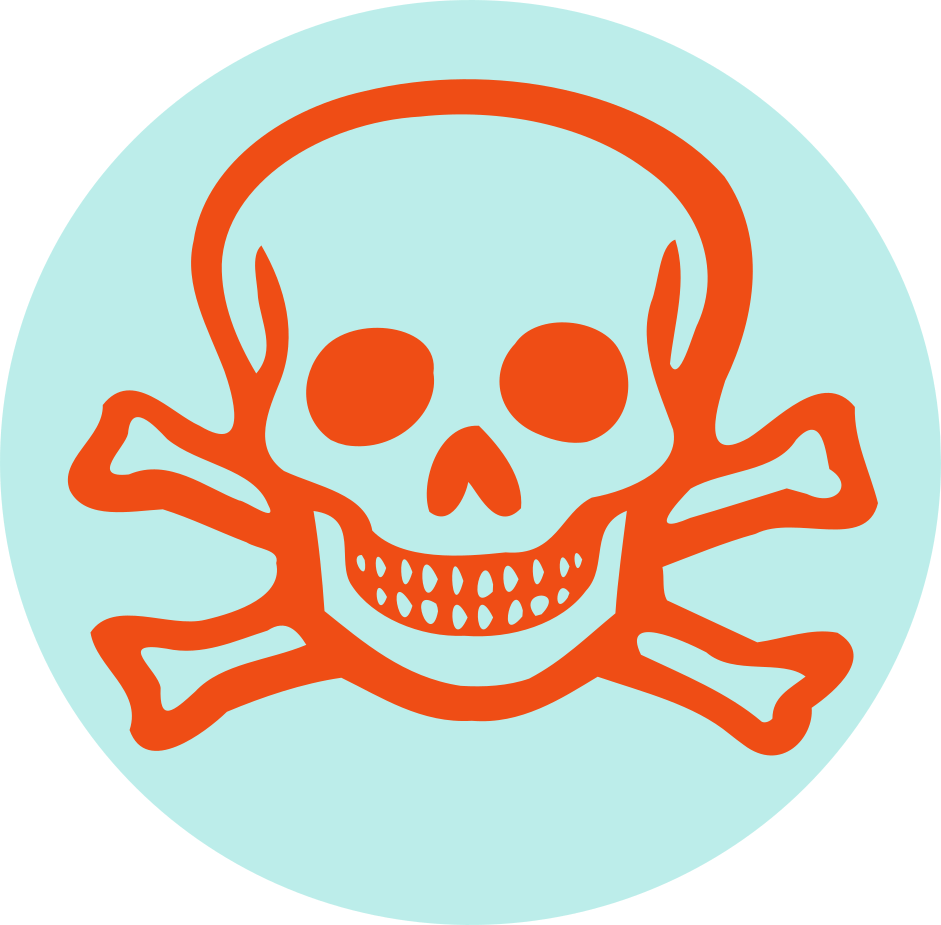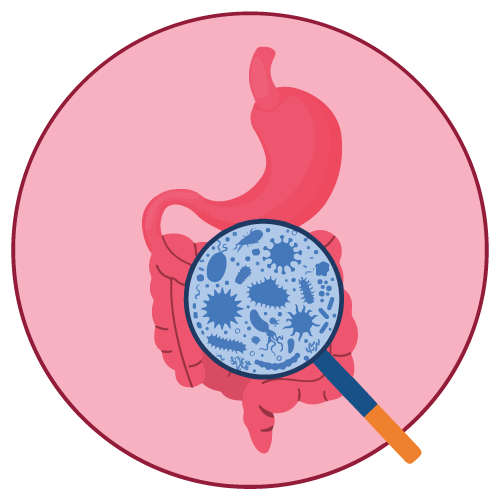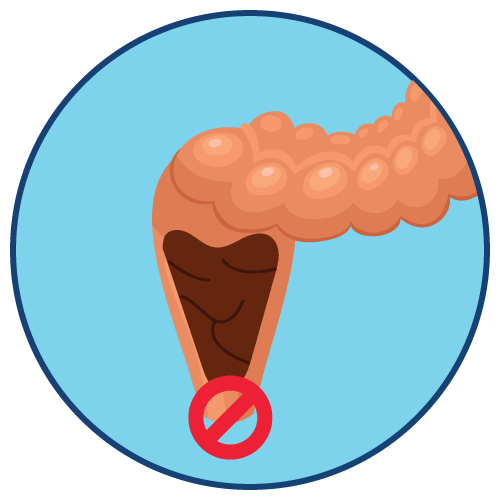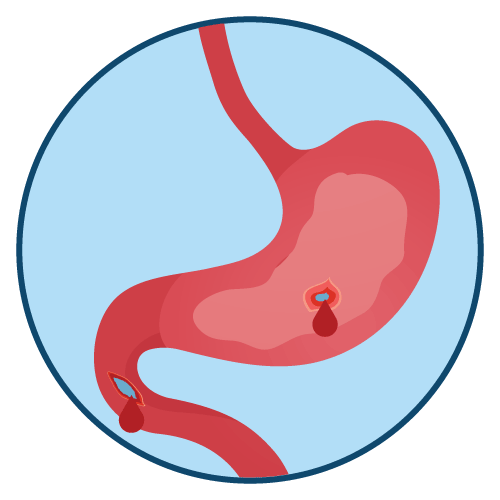| Name | Activated Charcoal |
| Classes |
Antidote |
| Diseases |
Gastrointestinal Disease Poisoning |
Activated Charcoal
Activated charcoal is a non-specific adsorbent that binds to toxins and prevents their absorption in the gastrointestinal tract. It is classified as an antidote.
Activated charcoal is used to treat poisoning or overdose caused by drugs or chemicals. It is effective against a wide range of toxins, including acetaminophen, salicylates, barbiturates, and many others. Activated charcoal is also used to treat diarrhea, flatulence, and bloating.
The dosage and administration of activated charcoal depend on the patient's weight and the amount and type of toxin ingested. Activated charcoal is given orally as a suspension or as a fine powder mixed with water. The usual adult dose is 50 to 100 grams, while the usual pediatric dose is 10 to 25 grams. Activated charcoal should be administered as soon as possible after the ingestion of the toxin.
- Activated charcoal should not be used in patients with an obstructed gastrointestinal tract, as it may cause bowel perforation.
- The use of activated charcoal may interfere with the absorption of other medications, including oral contraceptives, so patients should be advised to use alternative forms of contraception.
- Activated charcoal may interfere with diagnostic tests, such as those used to detect barium or iodine, so patients should inform their healthcare provider of their recent use of activated charcoal.
- Patients with renal failure may require a lower dose of activated charcoal, as it may accumulate in the body.
Contraindication
Activated charcoal should be avoided in patients with hypersensitivity to charcoal or any of its components.
None known.
Activated charcoal is contraindicated in patients with an obstructed gastrointestinal tract or with a history of bowel perforation.
 Bangla
Bangla English
English







